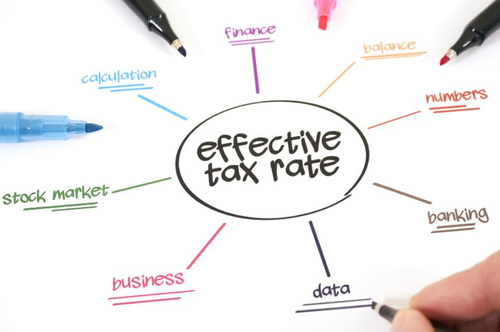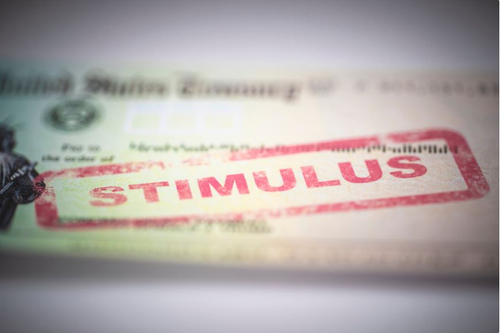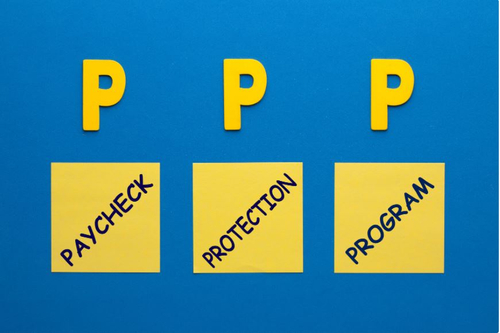2020 was an uncertain year. People lost family members, jobs, their financial security, and more. While the global pandemic has made an impact on your life during 2020, it is more than likely that your taxes have been affected. Heck, even if you did not personally experience many difficulties during the last fiscal year, you are still looking at an extremely different tax year and could probably stand to benefit from consulting a financial professional.

The Coronavirus and Your Taxes

At The Financial Sherpa, we understand that taxes can be confusing. In fact, each year we are approached by our clients who are looking to ensure that they are doing everything in their power to file their taxes efficiently. With the global pandemic, an extra layer of difficulty has been added to the tax season — and to make sure that you benefit the most from your 2020 tax filing, it wouldn’t hurt to have an experienced wealth management professional in your corner.
The deadline for filing your 2020 tax return is Thursday, April 20, 2021 — so make sure that you contact us today to schedule an appointment to discuss your taxes.
Your Taxes & The Coronavirus
While vaccines have begun to roll out worldwide, the effects of the global pandemic are very much still present. In fact, the coronavirus has created a ripple effect and it will be some time before the government’s response to it is over. When you sit down with a wealth management advisor from The Financial Sherpa to discuss your 2020 taxes, keep the following things in mind.

Stimulus Checks
It may seem like a long time ago that the CARES Act’s $2 trillion relief package resulted in a $1,200 stimulus check being deposited into your bank account, but it can be easy to wonder how that check has affected your 2020 taxes.
Lucky for you — and all of us, for that matter — the stimulus check that you received will not count as taxable income. Instead, it is being treated as a refundable tax credit for the 2020 tax year. So in short, the stimulus check is kind of like an advance on the money that you would have expected to receive from your 2021 tax refund.

Paycheck Protection Program (PPP) Loans
While the CARES Act was designed to help individuals and families out, it did so in more ways than just sending you a stimulus check. The Paycheck Protection Program also tried to keep struggling businesses afloat — in turn helping protect valuable jobs.
PPP loans that were used to pay business expenses, payroll, rent, utilities, interest on mortgage payments, and other business-related transactions are designed to be “forgiven.” The IRS announced in December 2020 that any qualified expenses that you used a PPP loan to pay for can be deducted from your taxable income — but don’t forget to have your loan forgiveness application approved by the Small Business Administration before you completely write off your PPP loan.

Unemployment
In 2020, many Americans found themselves out of work because of the global pandemic. For some, this time away from work was shorter than others. While the unemployment benefits helped people pay basic bills in their time without a job, those who collected unemployment will need to pay income taxes on the money that they received.
If you chose not to have taxes withheld from your benefits when filing for unemployment, you will either have to pay quarterly estimated taxes or be prepared to pay for the taxes not taken out, come tax day.

Educational Expenses (529 Plans & ESAs)
Any money that you have used from a 529 plan or an Educational Savings Account (ESA) must have been used to pay for educational expenses in order for it to be tax-free. That said, a lot of schools went remote or canceled classes this year — meaning that your school may have refunded some or all of your 529 or ESA money.
If this is the case, you have 60 days to put the money back in the account or use it for qualified expenses. If you don’t, you may have to pay income taxes or a withdrawal penalty.

Retirement Plans
In 2020 there were a lot of changes to retirement plans — and some of the changes could affect your taxes this year. Because of this, we strongly suggest that you schedule an appointment with a wealth advisor who can better educate you on the changes that were made and how you might be affected by these changes.
Contact The Financial Sherpa For Tax Assistance
The last fiscal year has been an odd one — meaning that your taxes are likely a little odd this year too. Rather than simply “rolling the dice” and treating your taxes like you did in the past, we urge you to meet with an experienced wealth coach at The Financial Sherpa. Schedule your appointment today to discuss your 2020 taxes.
